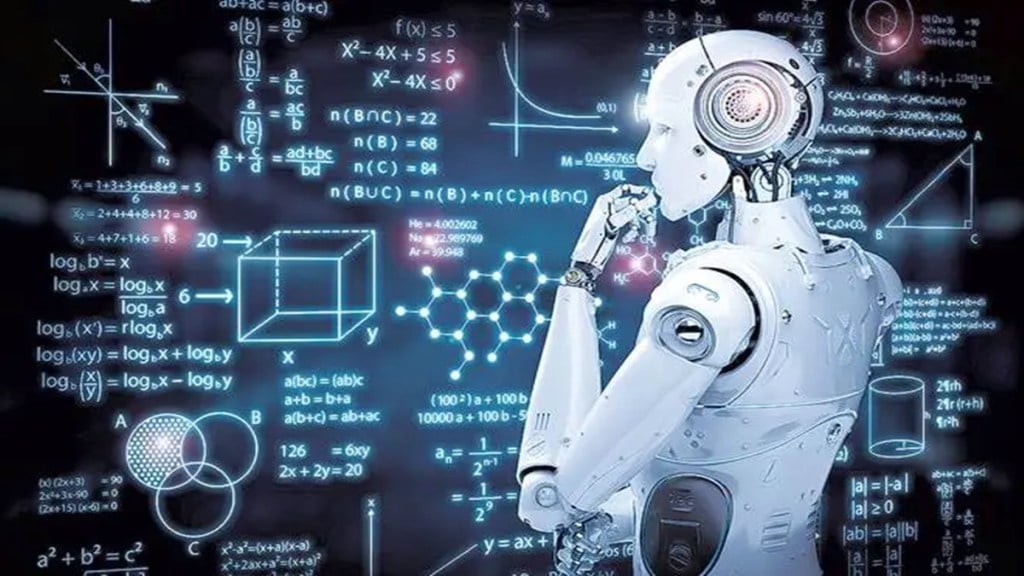Artificial Intelligence (AI) has become an integral part of various industries including healthcare, finance, education, transportation, manufacturing, media, and even agriculture! AI can be extremely advantageous as they can detect frauds, assist doctors in identifying/diagnosing a disease, personalise learning for students and teachers, monitor crop health or give weather predictions and updates and what not.
AI has certainly revolutionised the way we live, work and interact with technology. But the debate over its use or application has caused quite a commotion on social media. While some argue that AI is benefitting different sectors in various ways, others think that it could impact or dilute the existing workforces of certain industries in future.
To settle the debate, we ourselves took help of the self-learning AI tool, ChatGPT, and asked what it thinks of AI’s interference in the job market. And to our surprise, it came up with a list of different jobs that AI could potentially impact in the future. Here it goes:
Data Entry:
Automation tools powered by Artificial Intelligence can scan and extract data from various sources, which can reduce vacancies for manual data entry jobs.
Customer Service:
AI-powered chatbots and voice assistants have already taken over quite a few platforms. These chatbots can handle routine customer queries, reducing the need for human customer service representatives, thus impacting these jobs in future.
Transportation:
With the development of self-driving cars and trucks, the jobs of drivers and delivery personnel may be affected. They can easily be replaced by this high-end technology.
Manufacturing and Assembly:
AI-powered robots can perform repetitive tasks faster and more efficiently than humans, leading to a reduction in the number of workers required in manufacturing and assembly jobs.
Accounting and Bookkeeping:
AI-powered software can automate many financial tasks, reducing the need for accountants and bookkeepers. Even the need for librarians may be reduced as AI can easily keep track of the plethora of books assembled in the library.
Retail:
AI-powered tools can track inventory levels, analyze consumer behavior, and automate ordering and stocking processes, reducing the need for human intervention.
Not to forget, AI systems require vast amounts of data to learn and improve. This dependence on data can limit the accuracy and usefulness of the system if the data used to train it is incomplete, biased, or outdated. These tools can be vulnerable to cyber-attacks, data breaches, and other security concerns. They require a complex infrastructure, including hardware, software, and networks, to function properly. This dependence on infrastructure can as of now limit the scalability and accessibility of AI systems. These systems not only give a peek into the
After pointing out these jobs, ChatGPT also noted that while AI may replace these jobs, it will also create new opportunities and require workers with new skills, such as data analytics, programming, and machine learning. This could be the beginning of a new era which if handled responsibly can bring positive changes to the job market globally.

